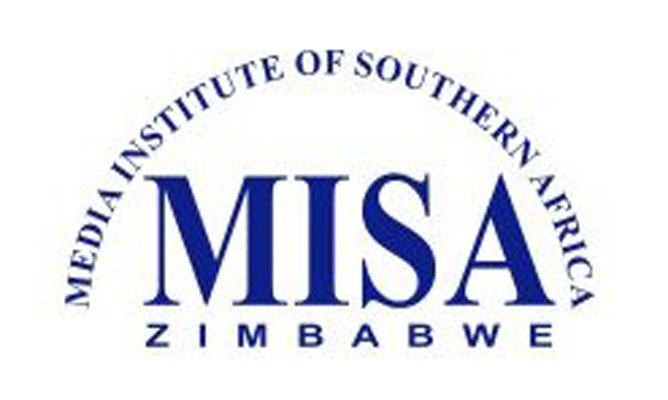
BY VENERANDA LANGA
THE proposed Access of Information Bill, which will replace the Access to Information and Protection of Privacy Act (AIPPA), will deal with issues of transparency and accountability at public and private institutions.
A legal expert said the Bill would enable access to information to citizens and non-citizens.
Media Institute of Southern Africa (Misa)-Zimbabwe legal expert Kuda Hove recently unpacked the Bill to legislators from the Prince Dubeko Sibanda-led Parliamentary Portfolio Committee on Media in Gweru, where he said if passed, it would compel the Zimbabwe Human Rights Commission (ZHRC) to ensure Zimbabweans enjoy this right to information.
“For the first time, if this law is passed, it will force institutions or entities to employ information officers, for example, banks, and these information officers will be solely responsible for receiving requests for information from the public and ensure it is dealt with accordingly,” he said.
“If the Bill is passed into law, the ZHRC working with the Ministry of Information must ensure that the principles and provisions of this Bill are enjoyed by Zimbabweans and they will have a component of oversight to ensure this happens.”
Under AIPPA, it is difficult to access information in Zimbabwe by journalists and members of the public.
But the Access of Information Bill stipulates that people will be able to access information in all formats, for example, audio and Braille and in all languages recognised by the Constitution and in a way that people will understand it.
- Chamisa under fire over US$120K donation
- Mavhunga puts DeMbare into Chibuku quarterfinals
- Pension funds bet on Cabora Bassa oilfields
- Councils defy govt fire tender directive
Keep Reading
Hove said, for instance, the Bill would compel that information on the voters roll should be availed. In previous elections, it was difficult for political parties to access the voters roll in a usable format.
“While the Bill will allow for access to information, it will also deal with protection of personal information. Trade secrets, information of formula, pattern, compilation, device or product method will be protected, and under this law, a person cannot ask for trade secrets as they give the holder economic value and a competitor cannot ask for trade secrets,” he said.
Hove said under the Access of Information Bill, people would actually sue an entity for refusing to disclose information.
However, the legal expert told MPs that there was need for a standalone Data Protection Bill to deal with unlawful access of protected data, but he said it was disappointing that such a law was not being considered.
“In Europe, some companies are fined millions of dollars for leaking customer information. An example of when data on customer information can be leaked is the Zimbabwe 2018 elections, when people got SMS messages from cellular phone operators, saying that they must vote for a certain political party.
“In other words, someone with that information spoke to someone in that political party and gave them customer information. People were not happy because they felt that if the party has their phone numbers, they can be intimidated and so that has to be looked at in terms of rights to privacy,” Hove said.











